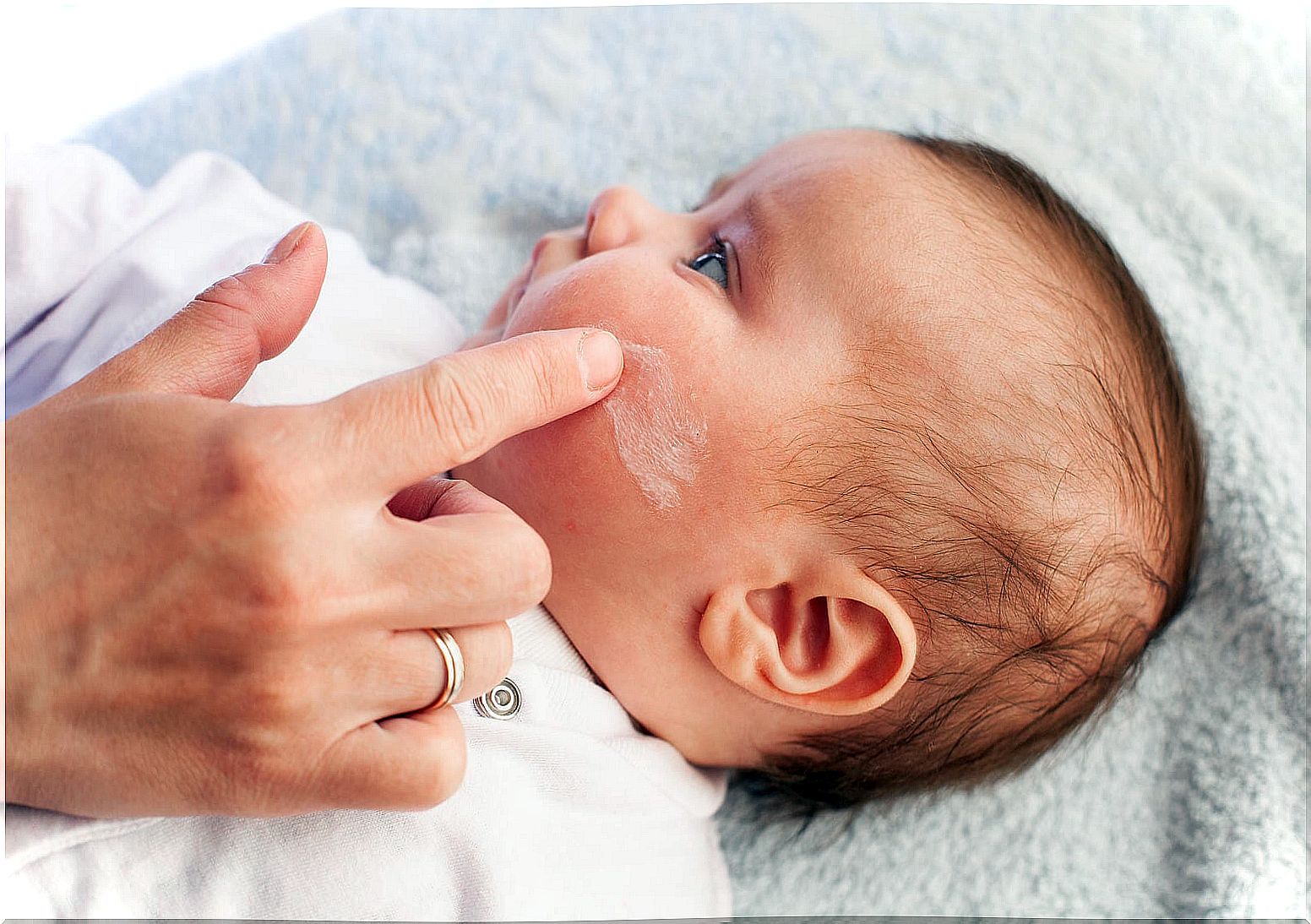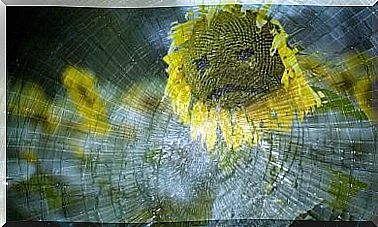Food And Eczema In Babies
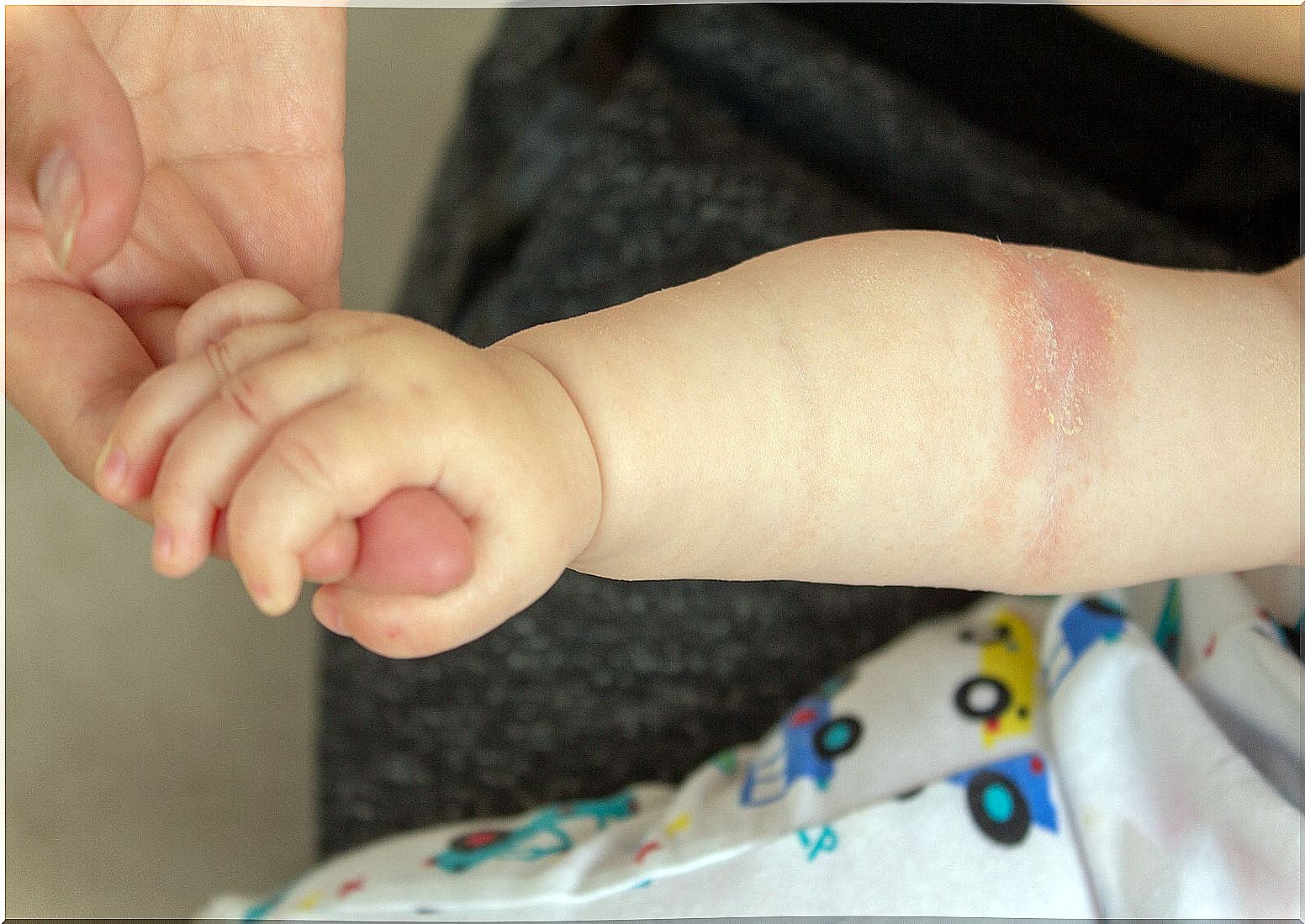
Did you know that 20% of children usually have eczema? It is the most common inflammatory pathology of the skin in this age group. In addition, it is related to the risk of developing food allergies, asthma or rhinoconjunctivitis. For this reason, we are going to tell you how diet influences eczema in babies. Keep in mind that it is also known as atopic dermatitis.
In this sense, environmental pollution caused by traffic and tobacco increases the risk of eczema and increases the probability of infection. The same goes for mites and pollen.
Treatment includes the use of drugs, creams and oils for topical use and the removal of the allergens involved. It varies depending on the severity of the symptoms, so it is essential to consult a specialized professional. Thus, due to the diversity of the approach, the European Academy of Dermatology and Veneorology published a consensus in 2018.
Feeding and eczema in babies
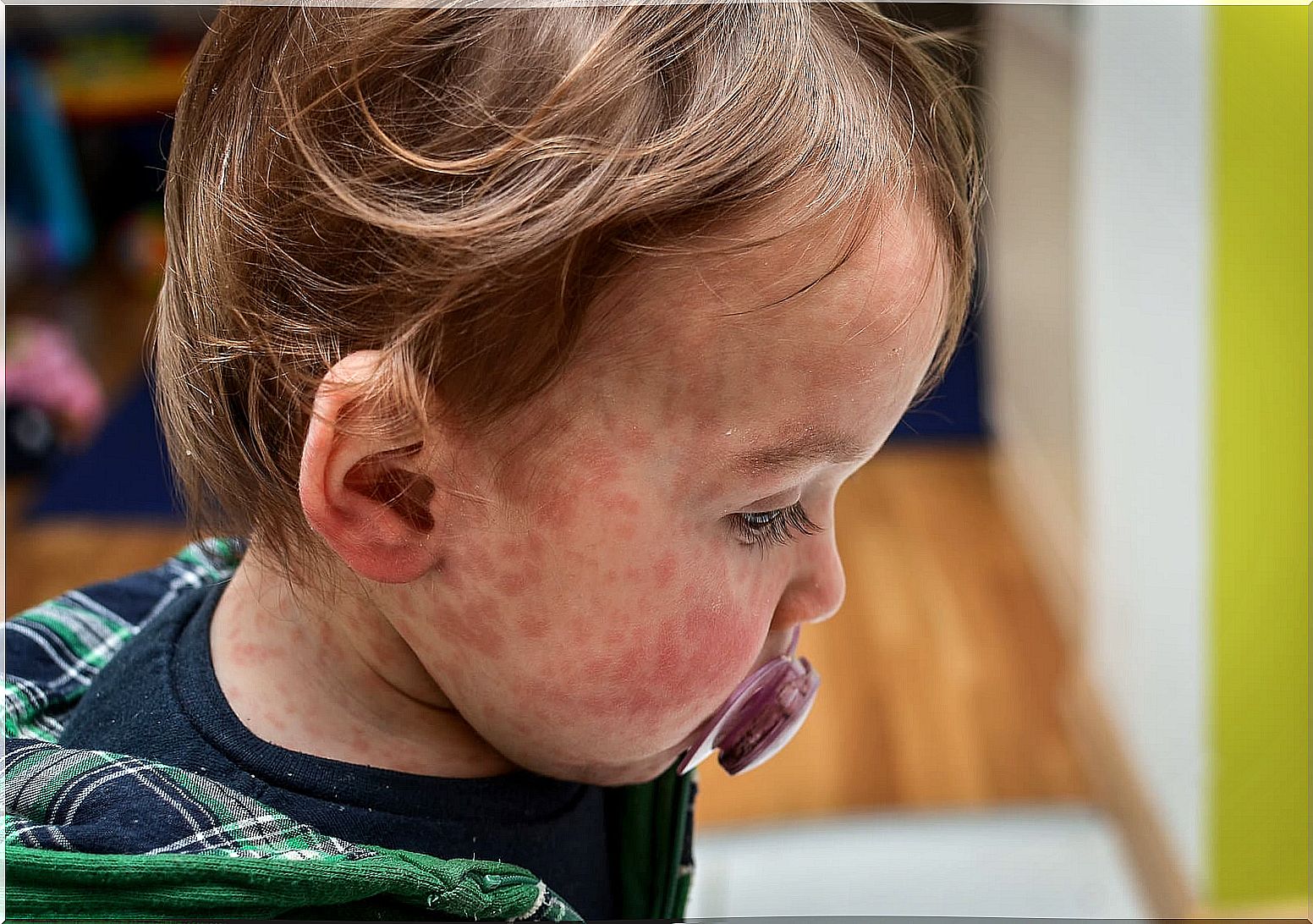
Omega-3 benefit
Research began when it was discovered that the amount of linolenic acid in the skin is low, caused by the lack of specific enzymes. In turn, they lack the filaggrin protein, which forms the skin’s protective barrier. This is the reason why they often have Staphylococcus aureus infections .
According to the second part of the consensus of the academy of dermatology, evening primrose and borage oils by mouth do not suppose any benefit. Therefore, they are not recommended as part of the treatment. However, they are useful topically. In addition, the intake of 5.4 grams of DHA (docosahexaenoic acid) for 8 weeks reduces the severity of eczema, since they have a high anti-inflammatory power.
Omega-3s can also be found in oily fish, whose recommended consumption is 2 times a week, nuts and ground seeds, to prevent the little one from choking. Also remember to use virgin olive oil for cooking.
Vitamin D, key in preventing eczema in babies
Although it is unknown whether a lack of vitamin D is a cause or consequence of dermatitis, supplementation has been successful. On the one hand, 90% of children aged 1 year or older reduce the appearance of skin infections.
On the other hand, having low vitamin D levels during pregnancy increases the risk of developing eczema in children. Therefore, it is important to expose yourself to the sun at least 10-15 minutes a day to synthesize this vitamin.
The dose for infants is 1000 international units (IU) of D3 daily, as long as the mother is not supplemented. Even as they gain weight, they can increase from 1,000 to 1,000 for every 5 kilograms.
Probiotics, are they effective in reducing eczema in babies?
Most probiotic research shows promising results, especially for mixing Lactobacillus species versus Bifidobacteria alone. However, the doses, duration and specific strains recommended have yet to be established. In addition, some such as L. rhamnosus GG is ineffective when administered as prevention during the first 6 months of life.
Allergies and eczema
Finally, it is known that there is a positive relationship in the presence of eczema and allergies in babies and children. That does not imply that you have to eliminate the consumption of foods such as dairy and eggs. Or even nuts or peanuts. The main reasons are as follows:
- The difficulty of maintaining the diet in the long term.
- The scant evidence on the benefits of withdrawing them.
- The lack of effectiveness in children.
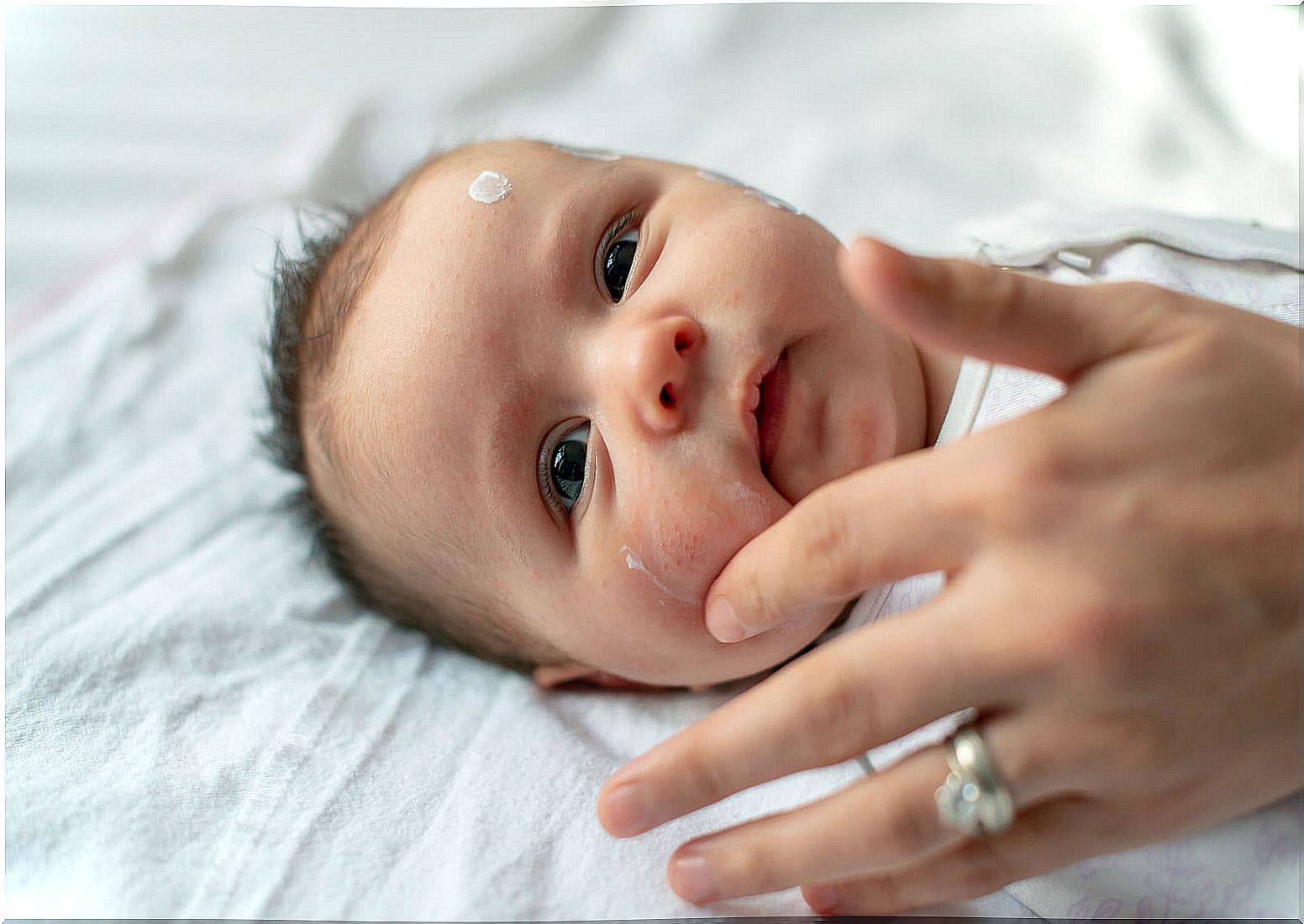
In addition, it is required to have a positive allergy test to stop consuming said food. Taking into account this relationship, it was considered whether advancing or delaying the introduction of food produced any effect on the greater predisposition. After investigating it, it did not produce any effect, although there is a window period between 4 and 6 months.
In summary, at the slightest suspicion, consult a dermatologist for advice on how to act against food and eczema in babies.
In case you know which foods aggravate your little one’s symptoms, consult a dietitian-nutritionist to explain the diet to follow. Good hydration is also important by drinking water and using creams for sensitive skin. In this way, you can improve your skin health.
